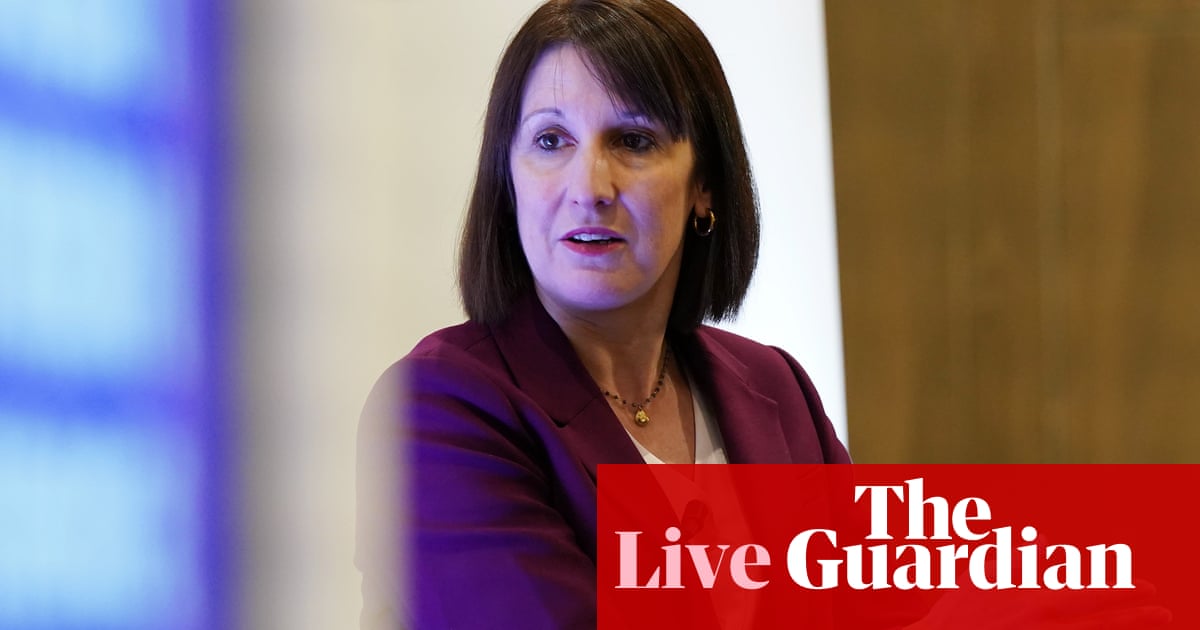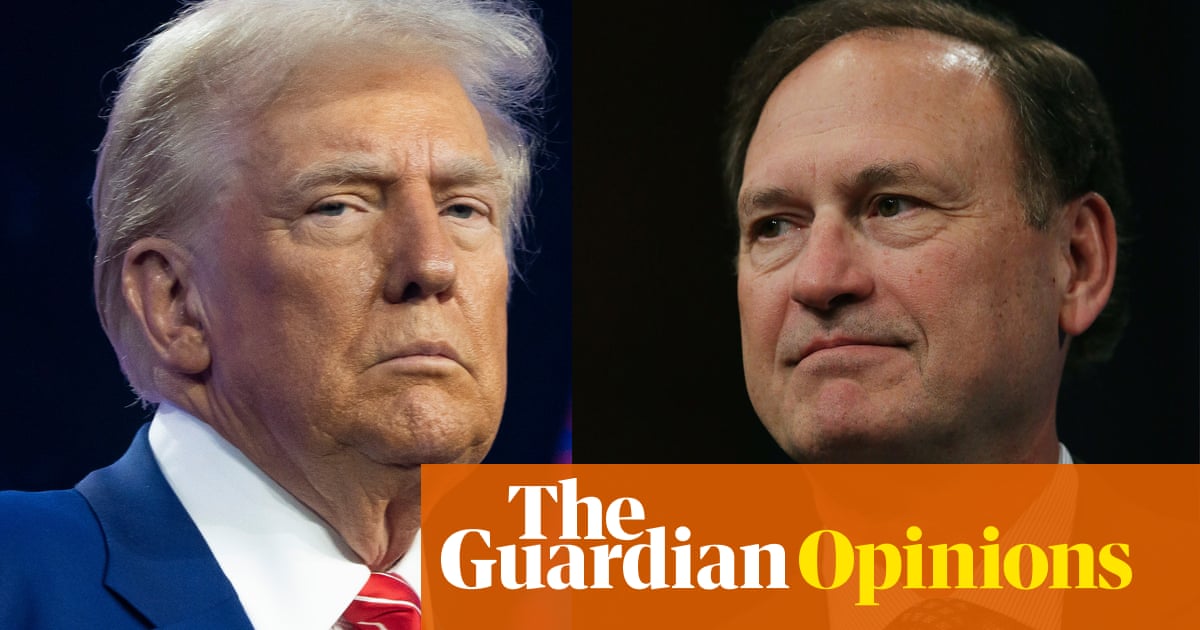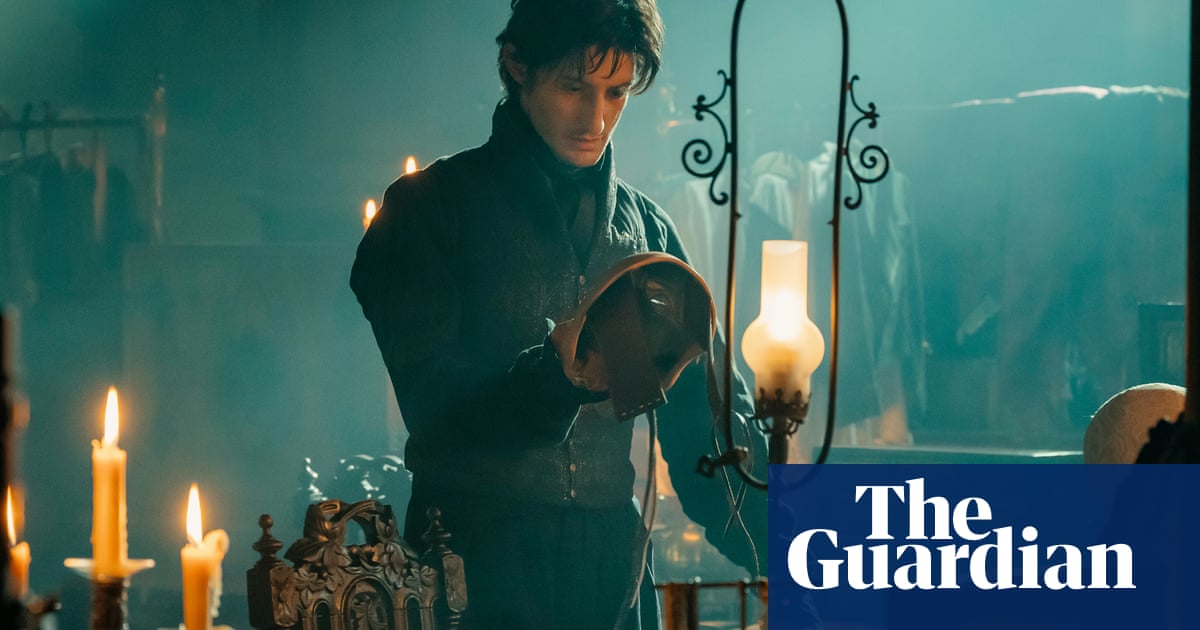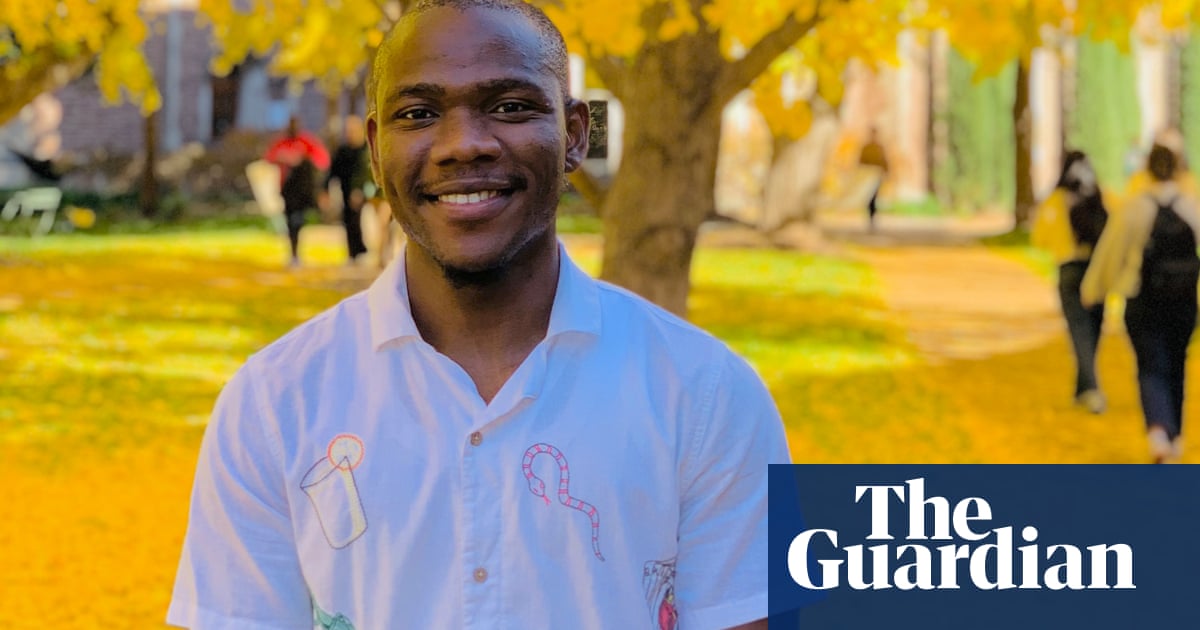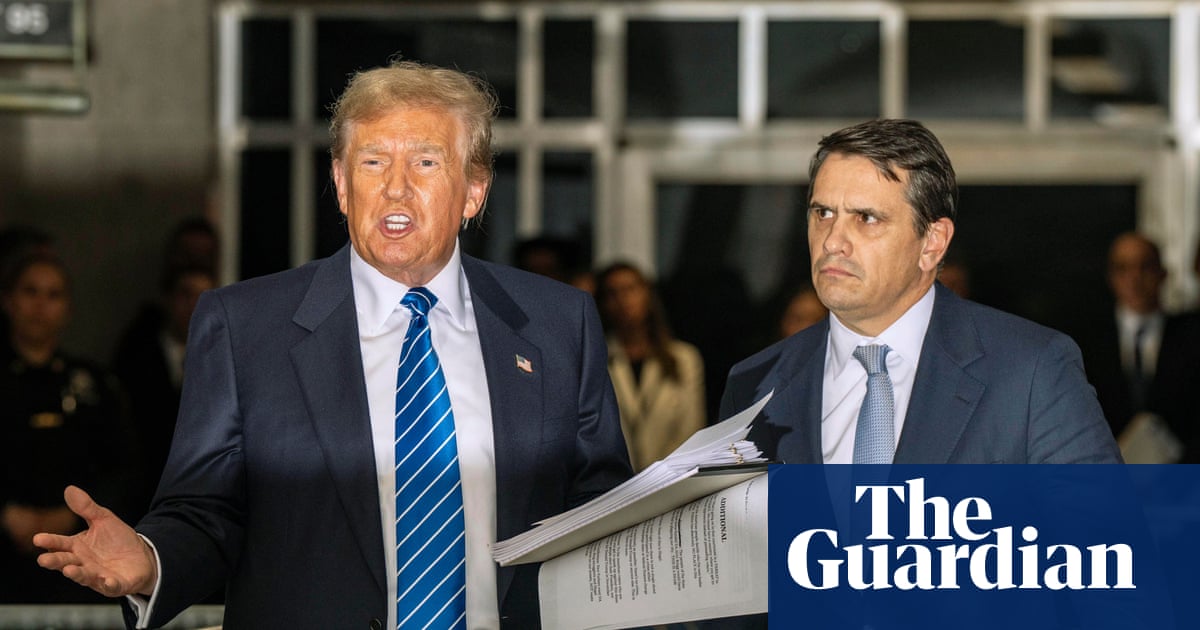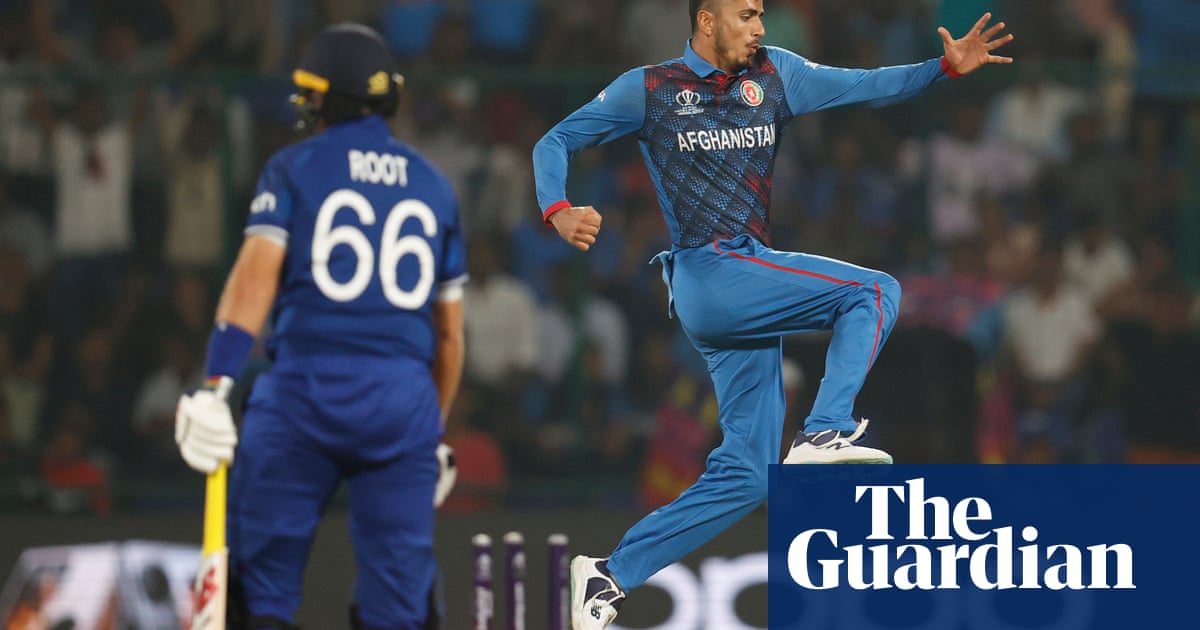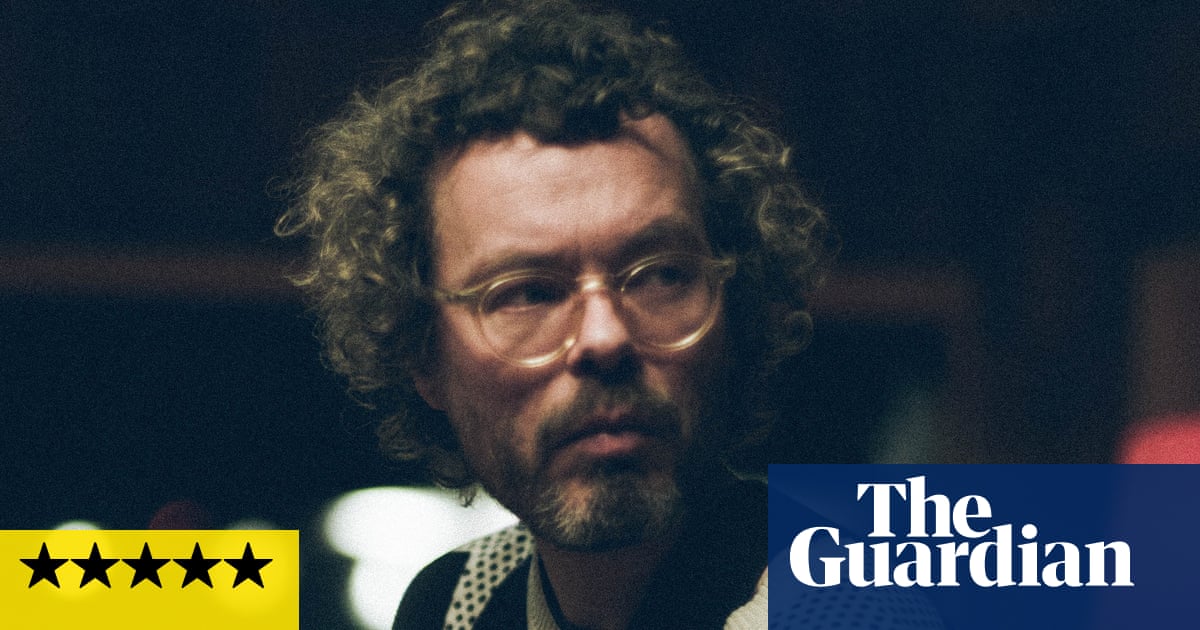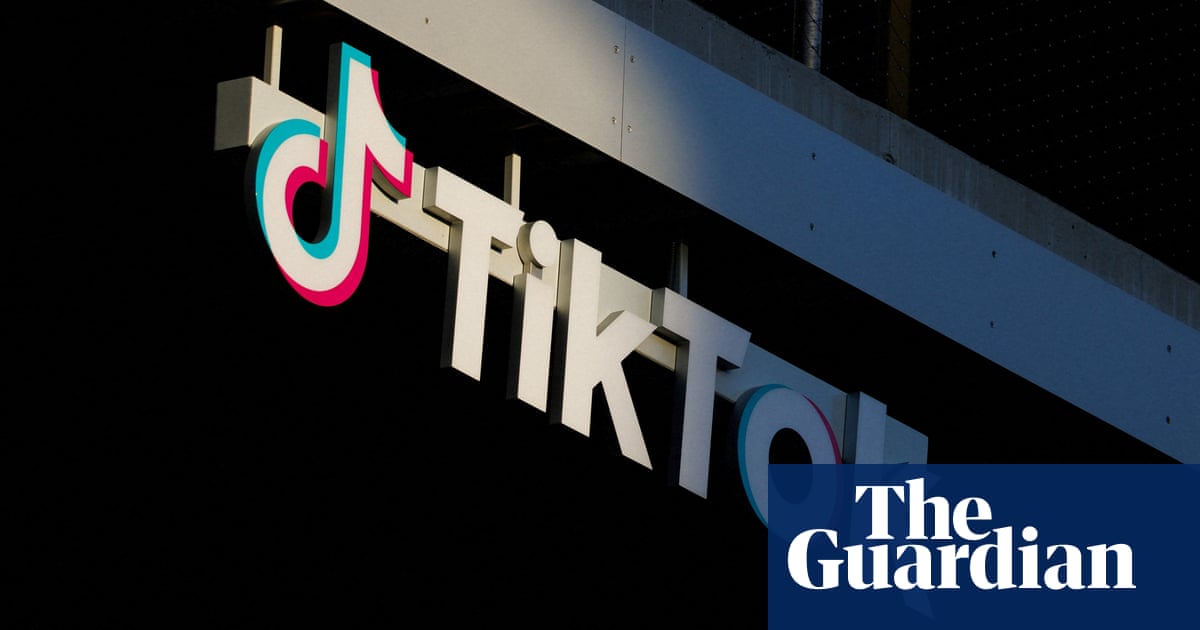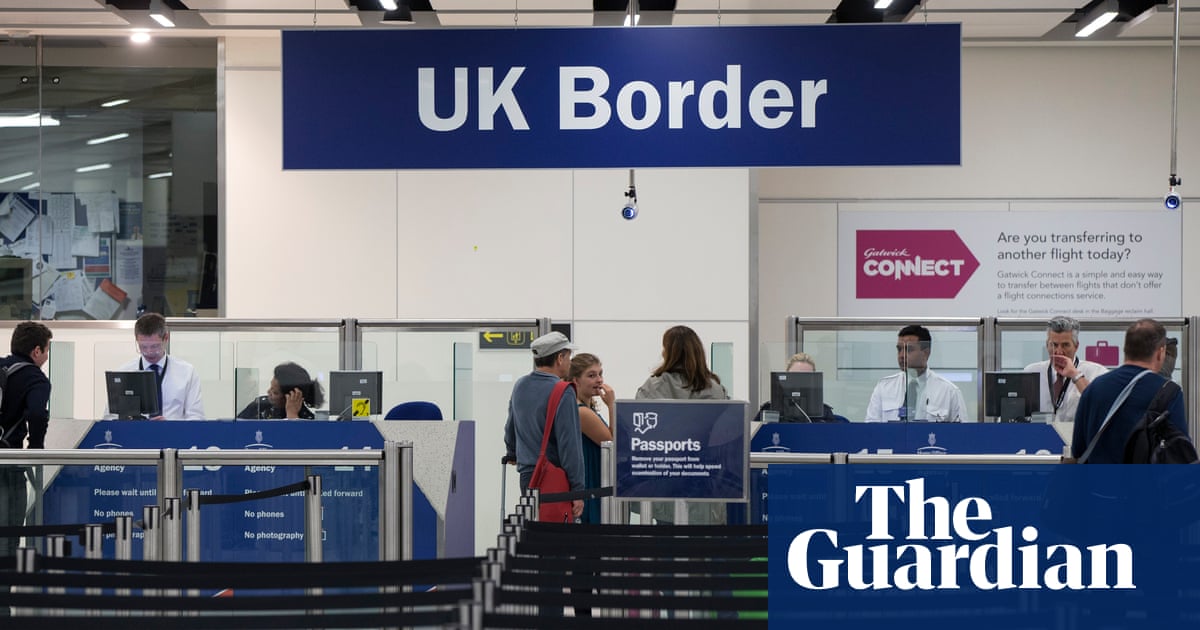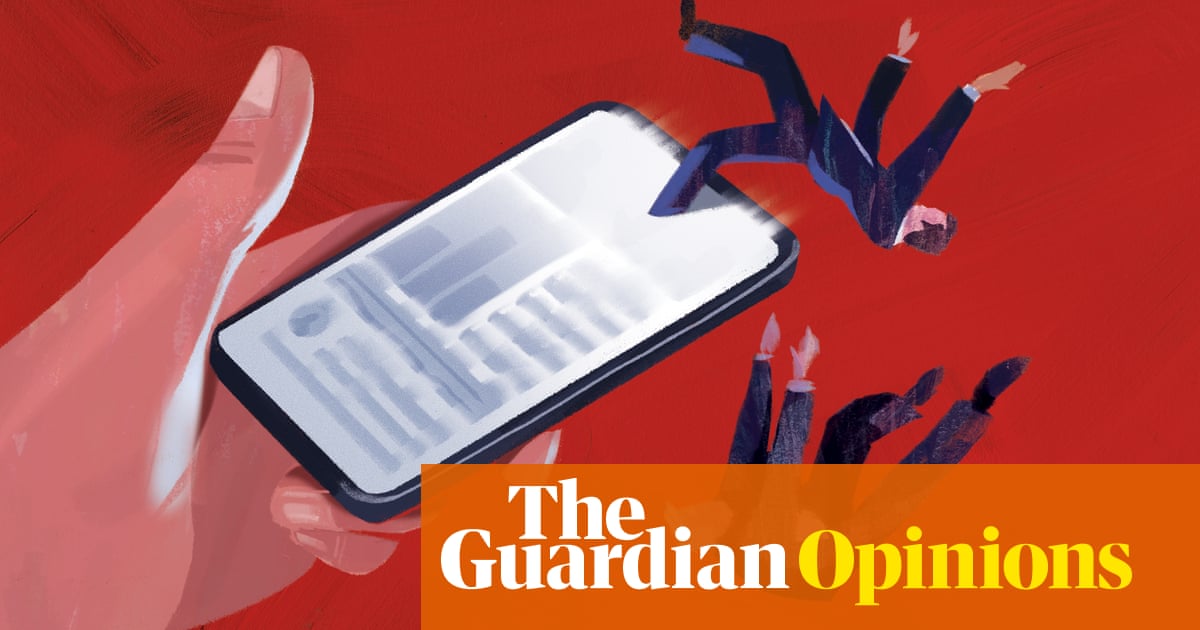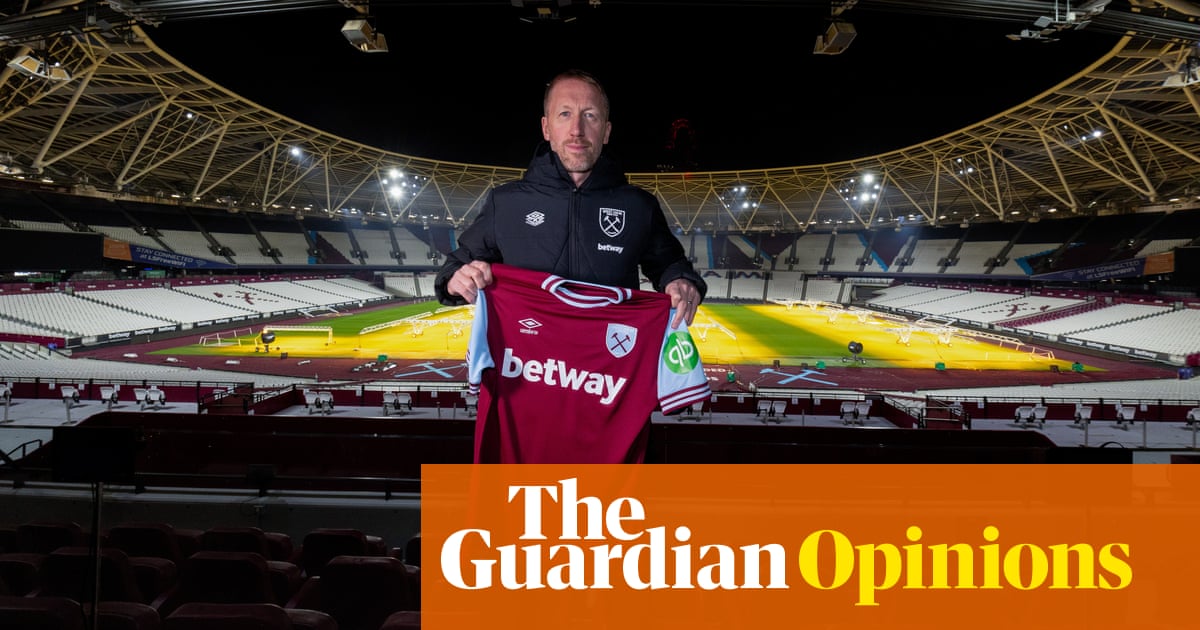‘People often don’t get it,” says Ritchie Neville. “They think being in a famous band is a dream. But I’ve had situations where I’m out with friends and, when I start talking, jaws drop to the floor. They’re like, ‘Oh my god, is that really what it was like?’”
Neville was a member of mega boyband 5ive. Formed in 1997, the five-piece were famous for singles such as Got the Feelin’, When the Lights Go Out and Slam Dunk (Da Funk). And Neville is one of many former boybanders taking part in a new documentary series about the era when ab flashes, knee slides and vocal harmonies ruled.
Boybands Forever, made by Louis Theroux’s production company Mindhouse, is a three-parter about the golden era of the manufactured group, taking us from Take That through to East 17, Boyzone, 911, Damage, Westlife and 5ive, all the way to Blue. Using archive footage of auditions, TV appearances and screaming fans, as well as interviews with everyone from Robbie Williams and Brian McFadden to Simon Cowell and Louis Walsh, it’s both a total nostalgia-fest, full of juicy titbits from the era (did you know 5ive turned down Baby One More Time?) and a shocking indictment of the impact of fame on young stars.
“What surprised me,” says Nancy Strang, the director of the documentary and Theroux’s wife, “was just how hard they worked. It’s the era before social media, when you had to be everywhere. You had to physically go places to be seen, or you had to physically go to an interview. It was 24/7 and relentless.”
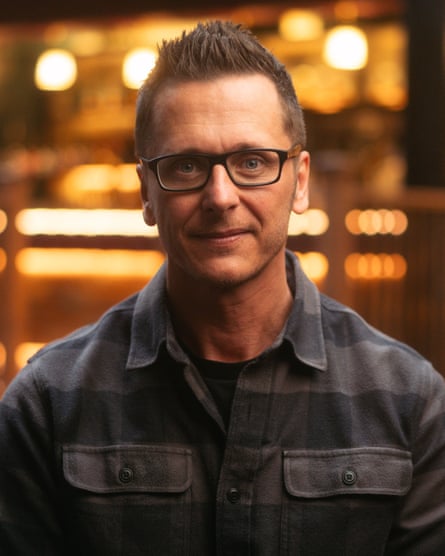
This was certainly true for Neville. He was just 17 when he was picked by Spice Girls creator Chris Herbert to be in 5ive, via auditions advertised in The Stage (Russell Brand also showed up). Styled as New Kids on the Block-lite, and signed to BMG, they were positioned as pop’s bad boys, with a reputation for being unruly.
“The amount of times,” says Neville, “I’ve sat down with a journalist and they’ve asked, ‘Tell us the most messed-up drinking story you had.’” And there were a few. There was the time at Rock in Rio in Brazil where they “got absolutely smashed with Liam Gallagher”. Another time, he says, “we got Westlife absolutely mashed, to the point that we were in a hotel room and they were, like, running and diving at the wall. We were supposed to be the bad boys but we were like, ‘Oh no, what are they are doing?’ Don’t believe the good guy exterior!”
But while the band did get to do “some fantastic things” which Neville is grateful for, life in the group wasn’t as fun as often made out. Famous within months of forming, they found this almost-instant fan reaction overwhelming. Footage in the documentary shows fans grabbing at the bandmates as they run from hotel to car. Neville remembers the first time fans gathered around the tour bus: “It was insane. There were 100-plus people surrounding the bus, banging on the thing. And there is no off switch.”
Some fans took things even further. He remembers one time, when he was 17 or 18, when a woman who looked like she was in her late 30s asked him for a picture. “While we were doing the picture, she just grabbed me down there like it was perfectly normal. I was like, ‘What are you doing?’” It became one of numerous occasions he was groped, he says, sometimes while performing. “The thing is, a lot of guys would be like, ‘What I wouldn’t give for that!’ But it’s not always pleasant, if you don’t ask for it. It’s like, ‘Why are you doing that? Please don’t do it again.’”
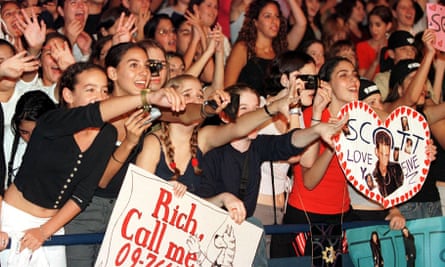
It wasn’t just fans, says Neville, who took advantage. He believes the band were exploited by those profiting from their success. Their schedule was relentless. They had just “two days off in two years” while starting out. And he says they were paid just £100 each a week to begin with, even after hit singles like Everybody Get Up had been released.
Neville’s lowest moment came while the band were touring Australia and New Zealand. He contracted chickenpox and was seriously unwell. Advised by a doctor to go home and rest at his parents for two weeks, he says he was then told by a label representative: “Doctors over-exaggerate, don’t they?”
“In the end,” he says, “they wouldn’t give me my passport to fly home.” Fellow band member Scott Robinson decided to help out. “Scott had to go in and nick my passport and just hand it to me and bundle me in a taxi at four in the morning. At the time, I didn’t think that much of it. Now, that’s an encroachment of power, isn’t it really? It’s almost imprisonment.”
Lee Brennan, a member of earlier group 911, sees his time in the boyband bubble slightly differently. Formed in Glasgow in 1995, the trio – known for the body-pumping dance moves developed by members Jimmy Constable and Simon “Spike” Dawbarn during their time as dancers on The Hitman and Her – released singles including A Night to Remember. It was, says Brennan, a tough workload – “a whirlwind of planes, hotels, gigs, press conferences” – that meant he didn’t have time to stop and enjoy the good times. “We were so tired and we didn’t have a minute to think.” He doesn’t feel like it was the label exploiting him and bandmates, though. They were all just driven to become successful.
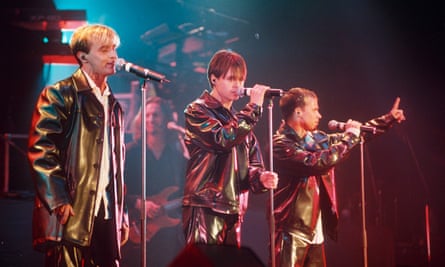
And they were – selling 10m singles worldwide. In the band’s heyday, Brennan’s lifestyle was one of first-class travel and shopping sprees. “I didn’t even check with my bank,” says Brennan. “I had a gold card. I’d go to Bond Street and spend a fortune on Gucci, Prada and Armani. I’d wear them a couple of times, then I’d be like, ‘Well, I can’t be seen out in that again.’ So I used to put them in black bin liners, or give them away to the cleaners.”
But being hounded by fans every day became hard to handle. Brennan remembers arriving at the BBC to do interviews and getting swarmed by fans in their thousands. “If anyone got a chance to rip a necklace off you, or a hat, it would be gone.” Naturally shy, he didn’t like getting recognised, especially when he got negative comments. “It was a weird thing to get my head around. It really messed with the way I saw myself.”
By 1999, he’d had enough. “I said to my management team, ‘I’m losing the plot. I’m losing all recognition of who I am.’ There was nothing done about that.” He thinks the band could have benefited from more support. “We should have had more care, mental health-wise. Counsellors who could have been on the road and asked, ‘How are you feeling? Are you missing things? Is it affecting you? Is the schedule too much? Are you sleeping?’”
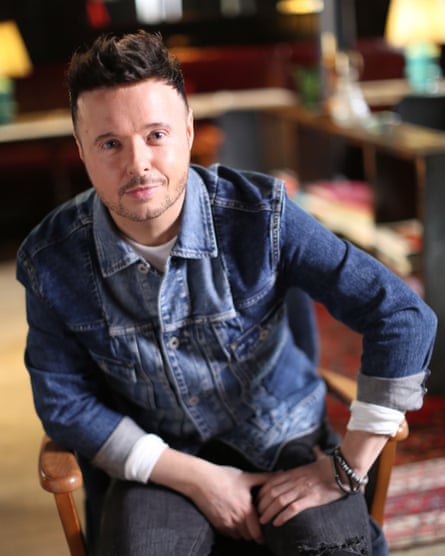
Director Strang doesn’t want the documentary to place blame on anyone in particular for what the boybands went through in the 1990s and 2000s. She stresses that many of the managers were as young as the performers themselves – and that the documentary is a celebration of their creativity as much as an exposé of that era. Plus the media were just as exploitative. “You see women on TV asking inappropriate questions of teenage boys,” Strang says of the archive footage. “You can’t believe it’s only 30 years ago.”
911 broke up in 2000 and 5ive broke up in 2001, but both have re-formed in recent years, with Neville and Brennan now enjoying doing things on their own terms. They hope their appearances in the documentary will push the industry forward when it comes to mental health care, or even just time off. “That level of fame, it can do so many good things for you, but can be really negative,” says Brennan. They both support the Liam’s Law petition, a plea to safeguard young stars’ mental health that was started after former One Direction member Liam Payne fell to his death in Buenos Aires last month, with multiple drugs in his system.
“I could not support that more,” says Neville. “You have an affinity with people in bands. When One Direction took off, you couldn’t help looking at them in the press and thinking, ‘How are they doing?’”
He wants young people to have somebody independent they could call. “Someone they know who isn’t going to go back to the label, to other people maybe in the band. They have no vested interest in your success. They’re only there for your wellbeing.”
Brennan agrees: “I think the law change should have been done years ago. I hope this series will make things snowball, and people take notice. Record labels make a lot of money. It won’t cost them that much to get somebody on the road to look after their product.”
-
Boybands Forever begins on BBC Two on 16 November

.png) 1 month ago
11
1 month ago
11
